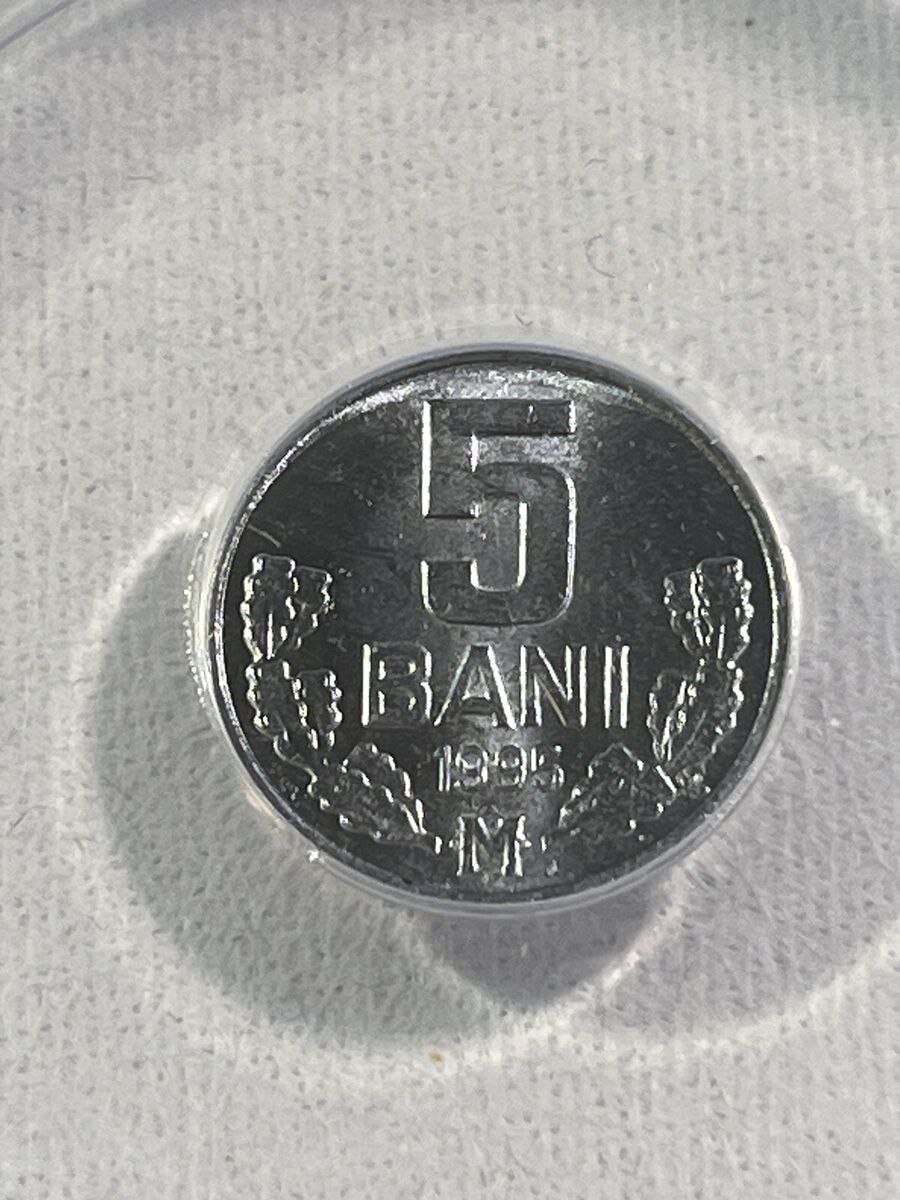
Introduction
Moldova, a small Eastern European country nestled between Romania and Ukraine, has been gaining attention recently due to its evolving political landscape and economic challenges. Understanding the current situation in Moldova is crucial, as it plays a significant role in regional stability and European integration efforts.
Political Landscape
The political scenario in Moldova has been dynamic, especially since the election of a pro-European government in 2021. President Maia Sandu, leading the Action and Solidarity Party, aims to steer Moldova towards closer ties with the European Union. This political shift is critical, considering Moldova’s aspirations to join the EU and the need to navigate its complex relationship with Russia.
Recent Developments
In 2023, Moldova has witnessed substantial changes. The country has adopted several reforms aimed at strengthening governance, enhancing the judicial system, and boosting economic competitiveness. Moreover, these reforms are aligning Moldova more closely with EU standards, which is crucial for potential EU membership discussions.
On the economic front, Moldova has faced numerous challenges, particularly following the global impact of the COVID-19 pandemic and the ongoing conflict in Ukraine. The energy crisis resulting from reduced supplies has led to inflation and social concerns, affecting the daily lives of Moldovan citizens. In response, the government has sought assistance from international partners, including the International Monetary Fund (IMF) and the European Union, to stabilize the economy and ensure long-term sustainability.
Social and Humanitarian Issues
Humanitarian issues are also prominent in Moldova, particularly with the influx of Ukrainian refugees. The country has welcomed thousands of displaced individuals, putting additional pressure on its social services. The government, supported by various NGOs and international organizations, is working to provide necessary support, but challenges remain.
Conclusion
In conclusion, Moldova stands at a crossroads as it navigates its path toward European integration while addressing internal political and economic challenges. The steps taken by the government in recent years are essential for securing a more stable and prosperous future for its citizens. As Moldova continues to evolve, its journey could serve as an important case study in the region’s overall direction, highlighting the delicate balance between local interests and broader geopolitical influences.



